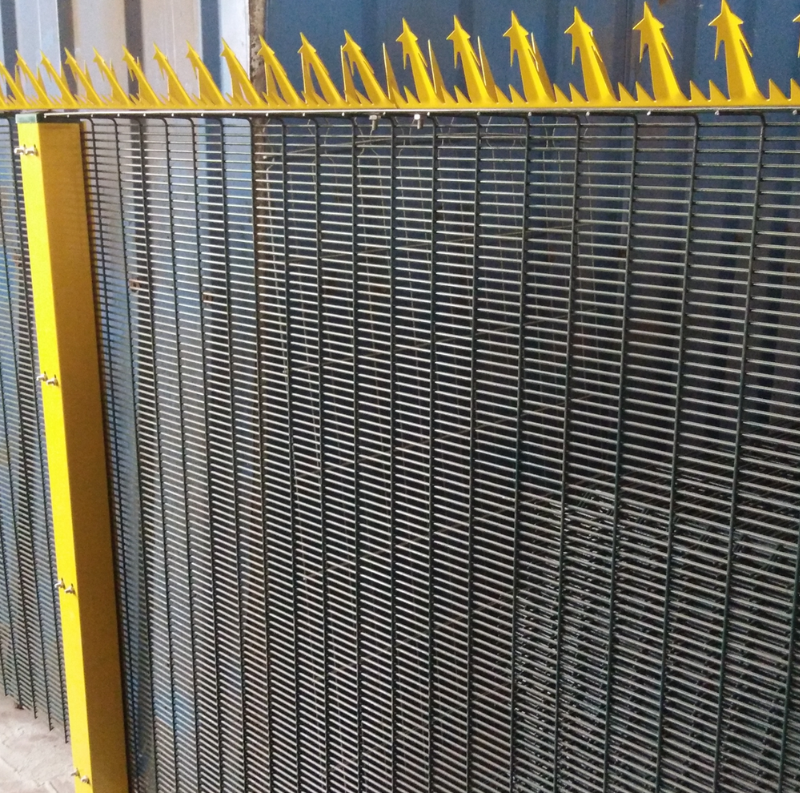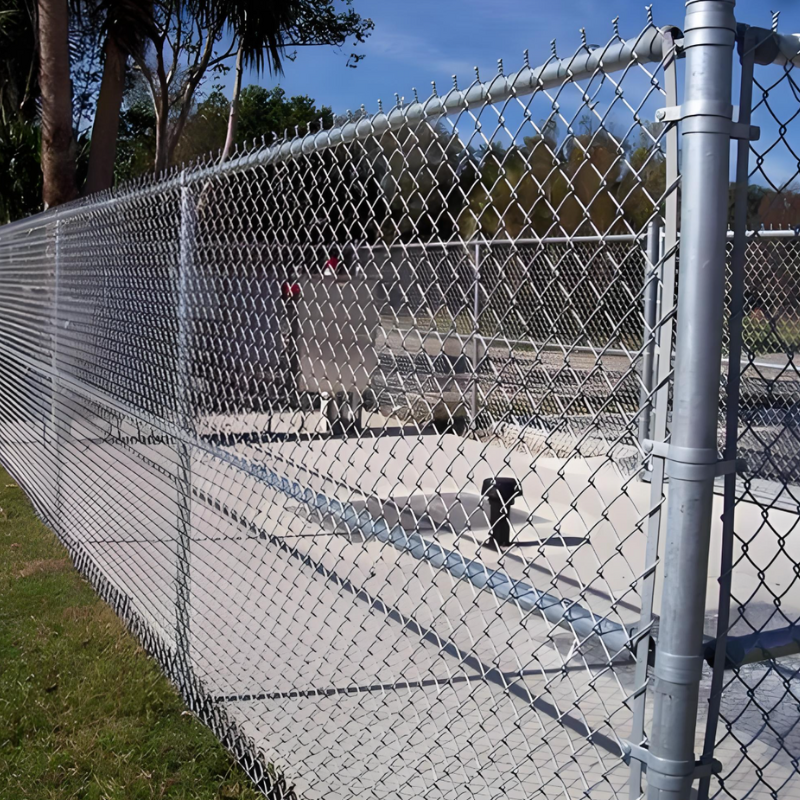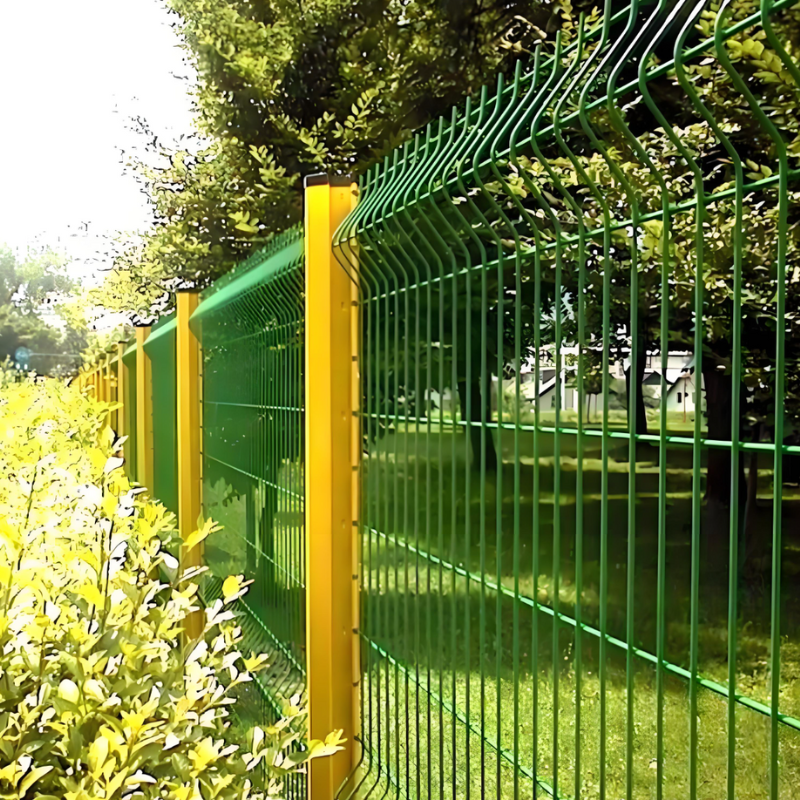metal fence
Metal Fence Specifications and Applications
Metal fences are versatile, durable, and widely used for security, privacy, and aesthetic purposes. They vary in design, material, and construction to suit residential, commercial, industrial, and high-security needs. Below are key specifications, types, and applications:
1. Common Types of Metal Fences
A. Chain-Link Fence
Material: Galvanized steel, vinyl-coated steel, or stainless steel.
- Product Details
- Technical Specification
Specifications:
Gauge: 9–11 gauge (thinner = stronger; 9 gauge = 3.8 mm).
Mesh Size: 1–2" (25–50 mm) diamond openings.
Height: 3–12 ft (0.9–3.6 m).
Coating: Class 3 galvanizing (≥245 g/m² zinc) or PVC-coated for corrosion resistance.
Applications:
Residential yards, playgrounds, sports fields.
Temporary construction site barriers.
B. Welded Mesh/Wire Mesh Fence
Material: Galvanized steel, powder-coated steel, or aluminum.
Specifications:
Wire Diameter: 3–6 mm.
Panel Sizes: 6–8 ft (1.8–2.4 m) height; 6–10 ft (1.8–3 m) width.
Mesh Patterns: Square, rectangular, or anti-climb designs.
Applications:
Industrial facilities, warehouses, animal enclosures.
High-security areas (e.g., prisons) with anti-cut mesh.
C. Ornamental Iron/Wrought Iron Fence
Material: Wrought iron or steel with decorative elements.
Specifications:
Height: 3–8 ft (0.9–2.4 m).
Design: Scrolls, spikes, or finials; often powder-coated.
Gauge: ½" to 1" thick bars.
Applications:
Residential gardens, historic properties.
Commercial properties requiring aesthetics + security.
D. Palisade Fence
Material: Galvanized steel or aluminum.
Specifications:
Picket Design: Vertical steel pales with pointed tops.
Height: 6–10 ft (1.8–3 m).
Spacing: 2–4" (5–10 cm) between pales.
Applications:
High-security sites (substations, military bases).
Perimeter protection for industrial zones.
E. Steel Bar Fence
Material: Mild steel, galvanized steel, or stainless steel.
Specifications:
Bar Thickness: ½"–1" (12–25 mm).
Spacing: 4–6" (10–15 cm) between bars.
Height: 4–12 ft (1.2–3.6 m).
Applications:
Parking lots, commercial properties.
Barriers for machinery or hazardous areas.
2. Key Specifications
Material Grades:
Galvanized Steel: Class 3 (heavy zinc coating) for outdoor use.
Stainless Steel: Grade 304 (standard) or 316 (marine-grade).
Aluminum: Lightweight, rust-proof (ideal for coastal areas).
Coatings:
Powder Coating: UV-resistant, color options (e.g., black, bronze).
PVC Coating: Adds durability and aesthetics (common for chain-link).
Tensile Strength:
350–550 MPa for standard steel; up to 1,500 MPa for high-tensile variants.
3. Applications by Fence Type
详见表格3
4. Security Enhancements
Toppings: Add razor wire, barbed tape, or anti-climb spikes.
Hybrid Systems: Combine with electric fencing or motion sensors.
Foundation: Concrete footings for anti-ramming strength.
5. Environmental Considerations
Coastal Areas: Use stainless steel (Grade 316) or aluminum.
High Humidity: Hot-dip galvanized steel with Class 3 coating.
UV Exposure: Powder-coated or PVC-coated finishes.
6. Cost Comparison
详见表格6
7. Standards & Certifications
ASTM A392: Galvanized steel chain-link specifications.
BS 1722: British standards for palisade fencing.
ISO 1461: Hot-dip galvanizing quality assurance.
8. Installation Tips
Posts: Space steel posts 6–10 ft apart (closer for high-security fences).
Concrete Footings: Use for stability in windy or high-traffic areas.
Gates: Match material and security level (e.g., heavy-duty steel gates for palisade fences).
9. Maintenance
Galvanized Steel: Inspect for rust spots annually; touch up with zinc paint.
Powder-Coated: Clean with mild detergent; avoid abrasive tools.
Wrought Iron: Repaint every 5–7 years to prevent rust.
10. Conclusion
Metal fences offer tailored solutions for diverse needs:
Security: Palisade or welded mesh with anti-climb features.
Aesthetics: Ornamental iron with custom designs.
Affordability: Chain-link for residential or temporary use.
Select based on threat level, environment, and budget. Pair with lighting, cameras, or sensors for enhanced protection. Always consult local building codes and professionals for high-security or custom installations.
| Fence Type | Primary Use Cases | Key Features |
| Chain-Link | Residential, sports fields, temporary barriers | Low cost, easy installation |
| Welded Mesh | Industrial sites, prisons, zoos | Anti-climb, high durability |
| Ornamental Iron | Historic homes, commercial properties | Decorative, customizable designs |
| Palisade | Substations, military bases | Deterrent spikes, tamper-resistant |
| Steel Bar | Parking lots, machinery enclosures | Heavy-duty, minimal maintenance |
| Fence Type | Cost per Linear Foot | Lifespan |
| Chain-Link | 8–8–20 | 15–20 years |
| Welded Mesh | 10–10–30 | 20–25 years |
| Ornamental Iron | 20–20–100+ | 30–50 years |
| Palisade | 25–25–50 | 25–30 years |
| Steel Bar | 15–15–40 | 20–30 years |

 barbed wire
barbed wire 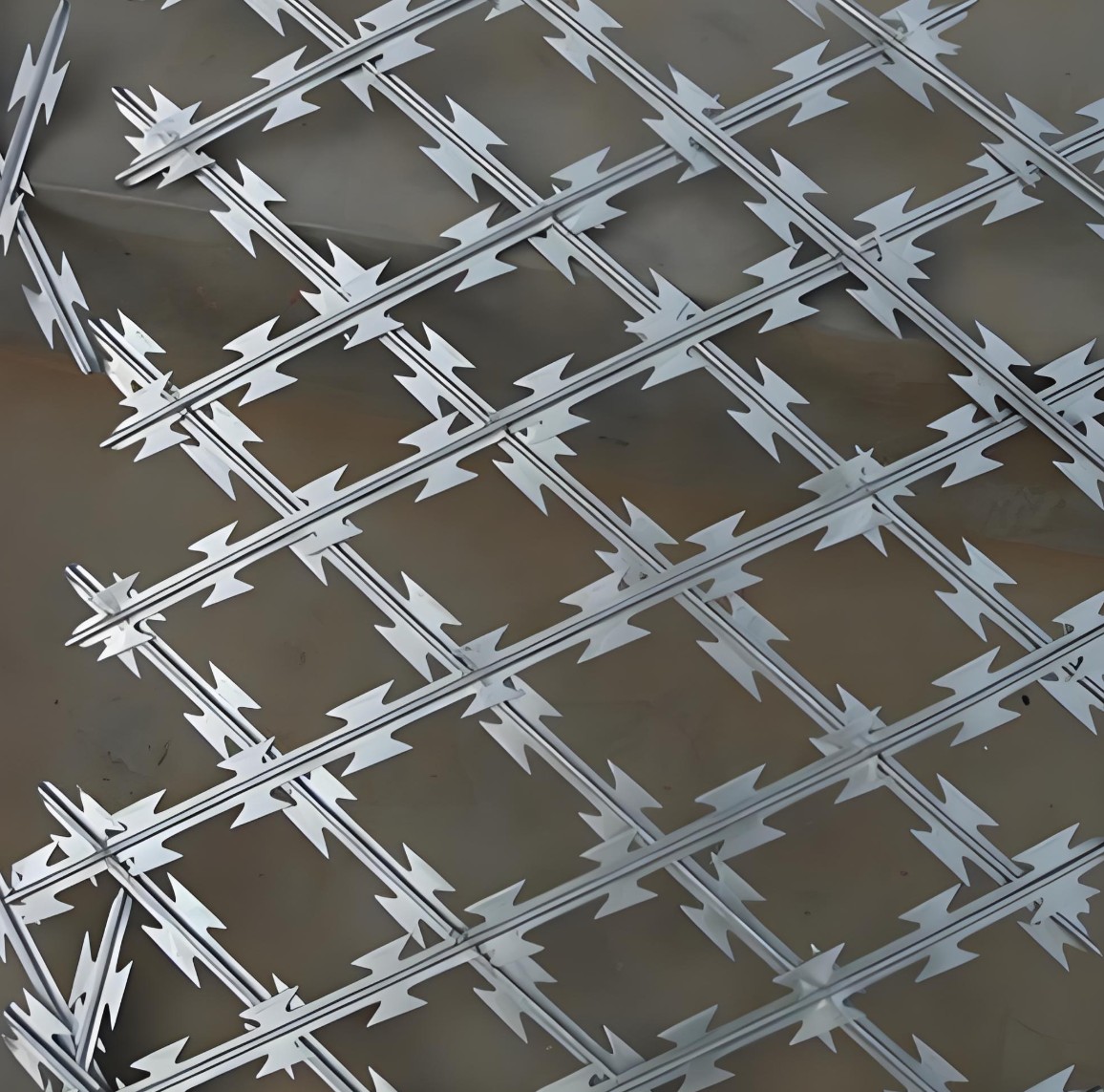 Razor wire
Razor wire 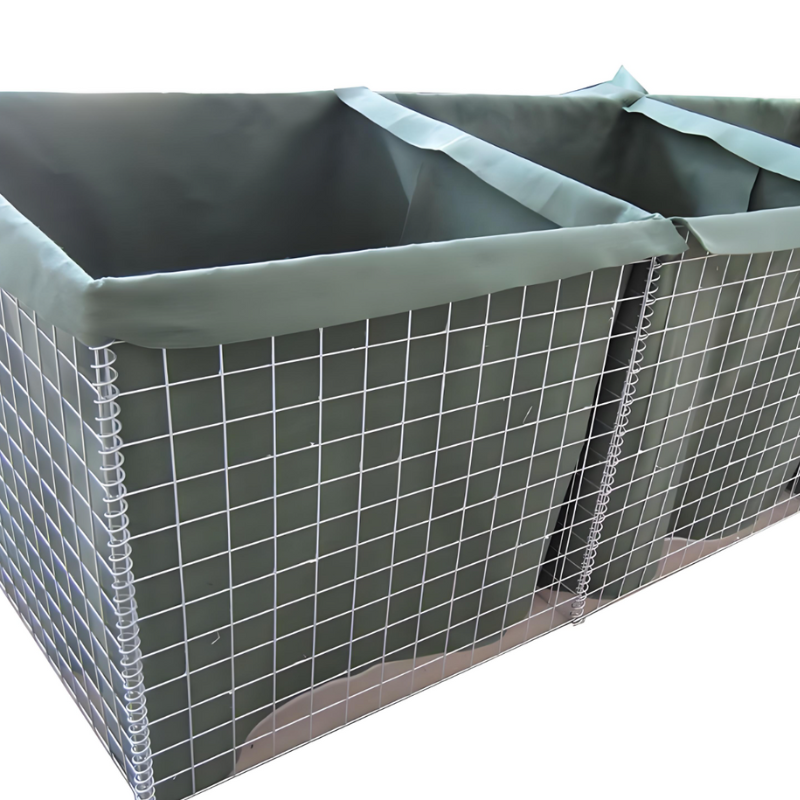 Defensive barrier
Defensive barrier  Putanka wire
Putanka wire  metal fence
metal fence 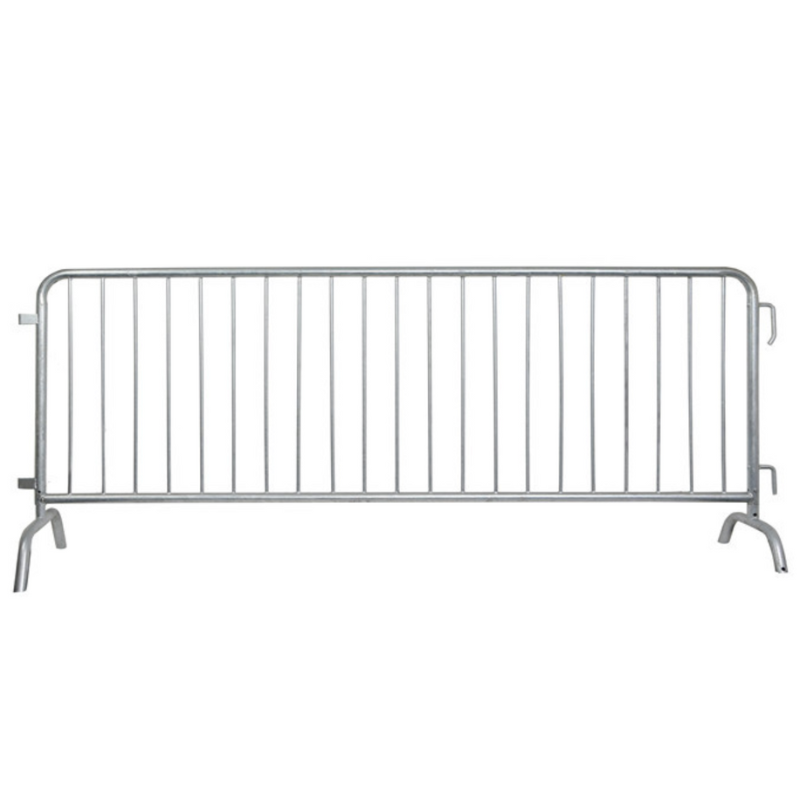 Temporary fence
Temporary fence 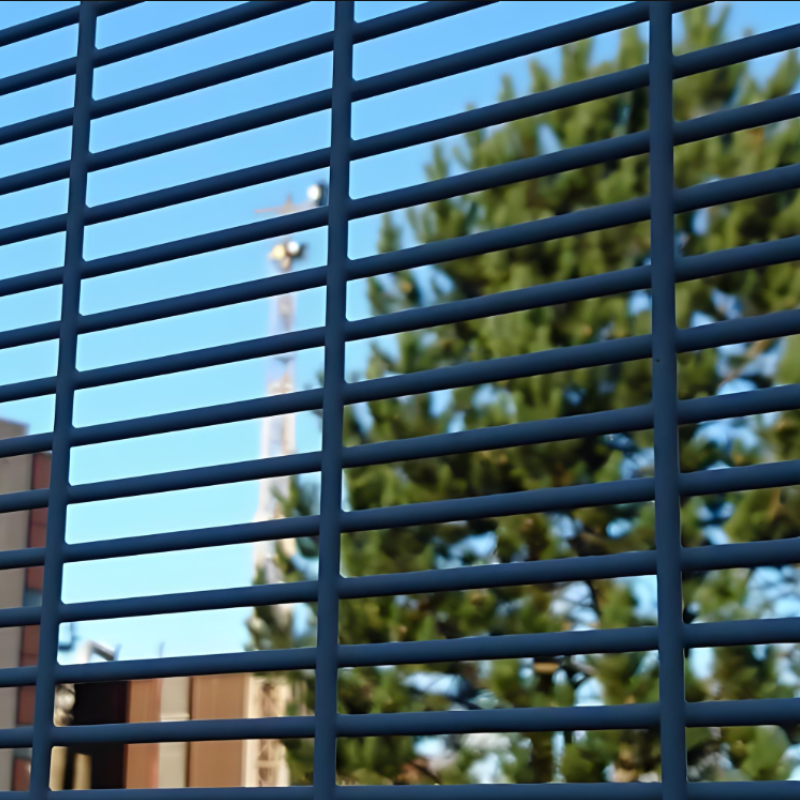 Security fence
Security fence 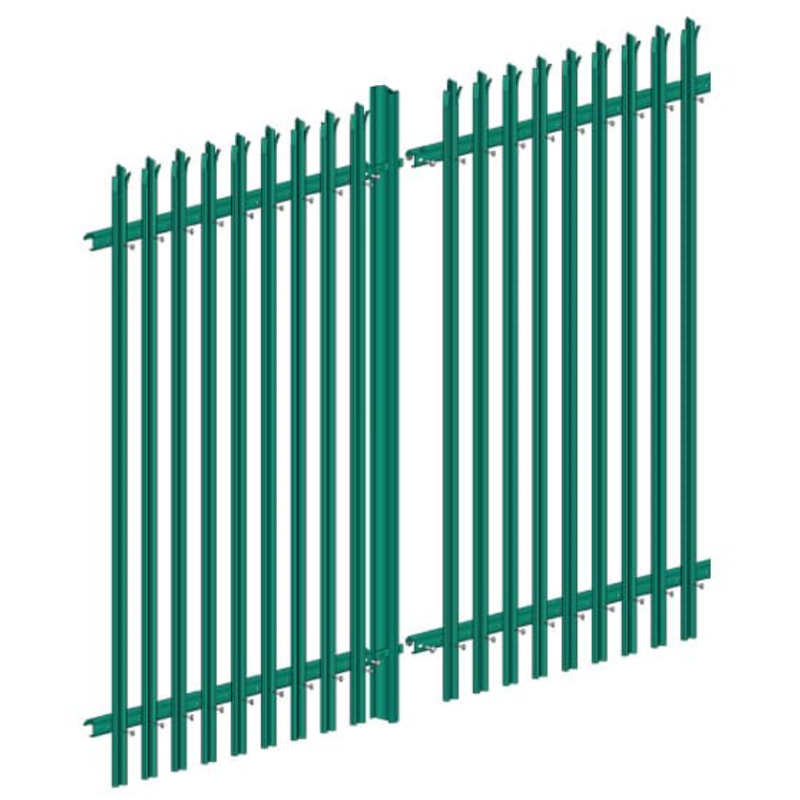 Palisade tence
Palisade tence 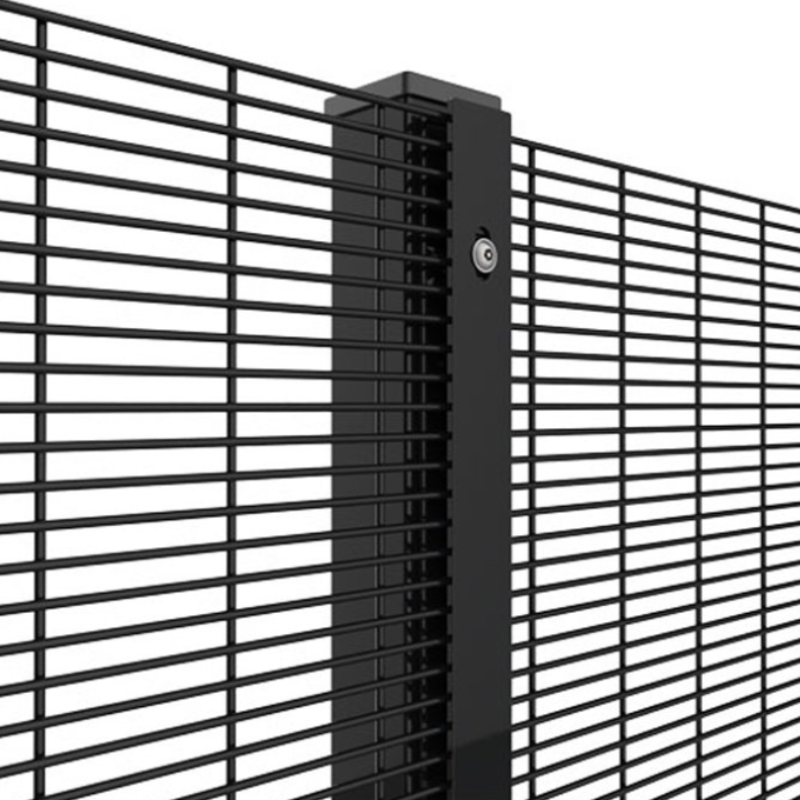 Anti climb fence
Anti climb fence 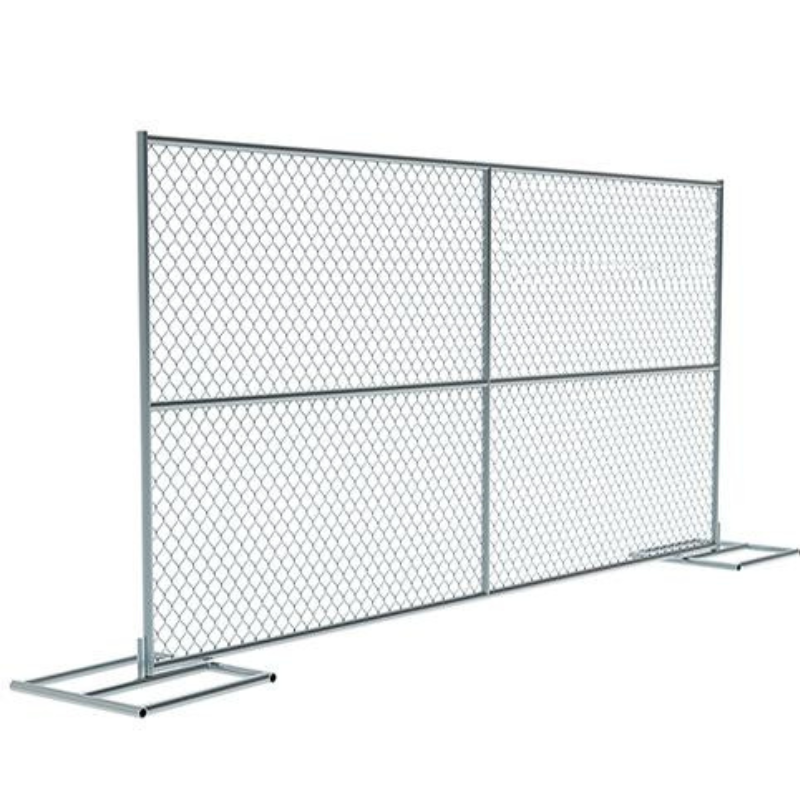 Chain link fence
Chain link fence  Aluminum fence
Aluminum fence 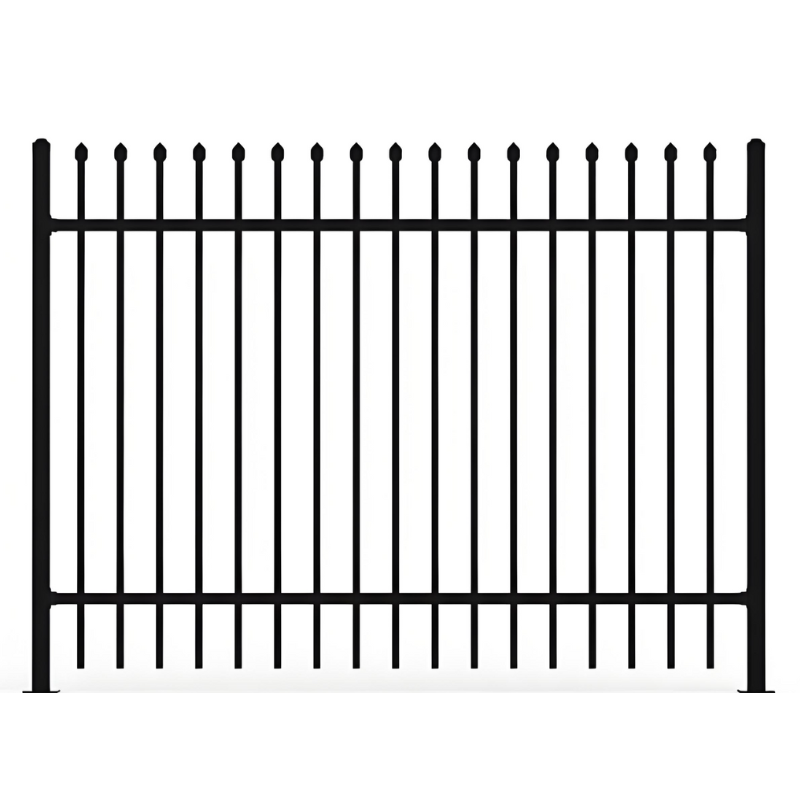 Ornamental fence-12
Ornamental fence-12 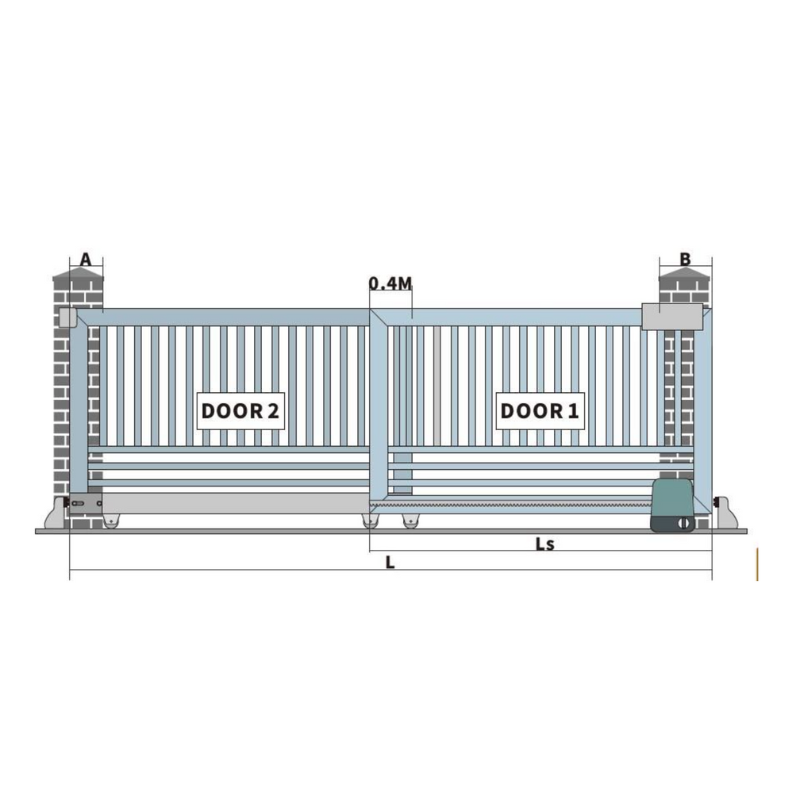 Metal fence gate
Metal fence gate 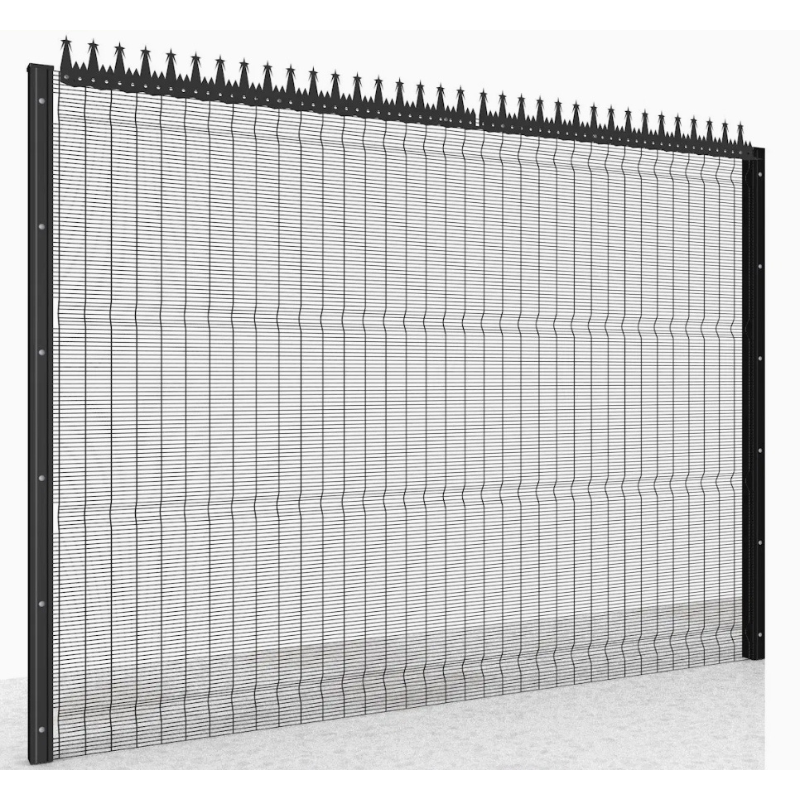 Fence spikes
Fence spikes 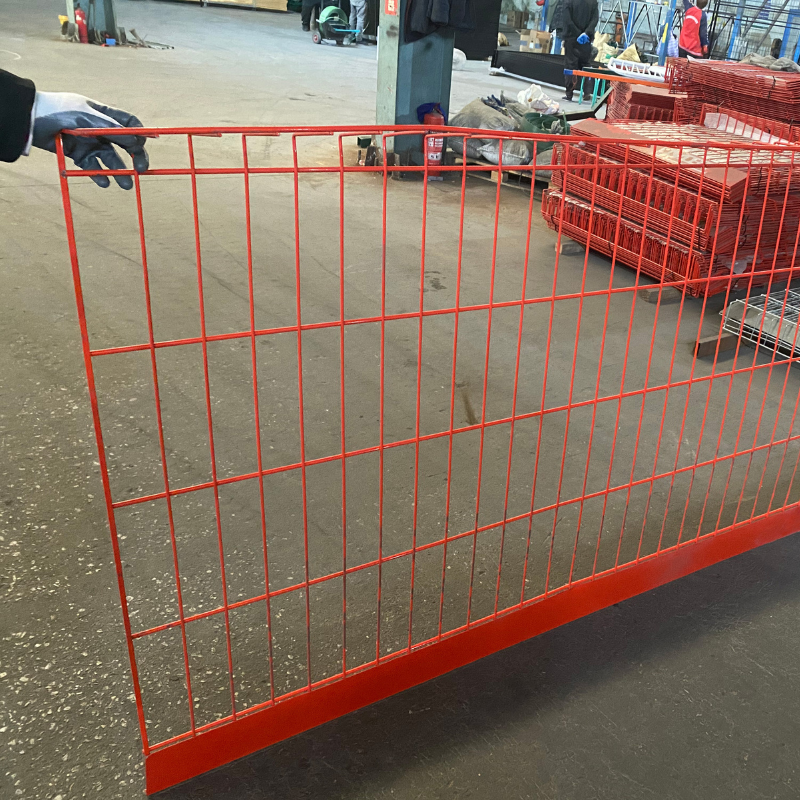 Edge protection barriers
Edge protection barriers 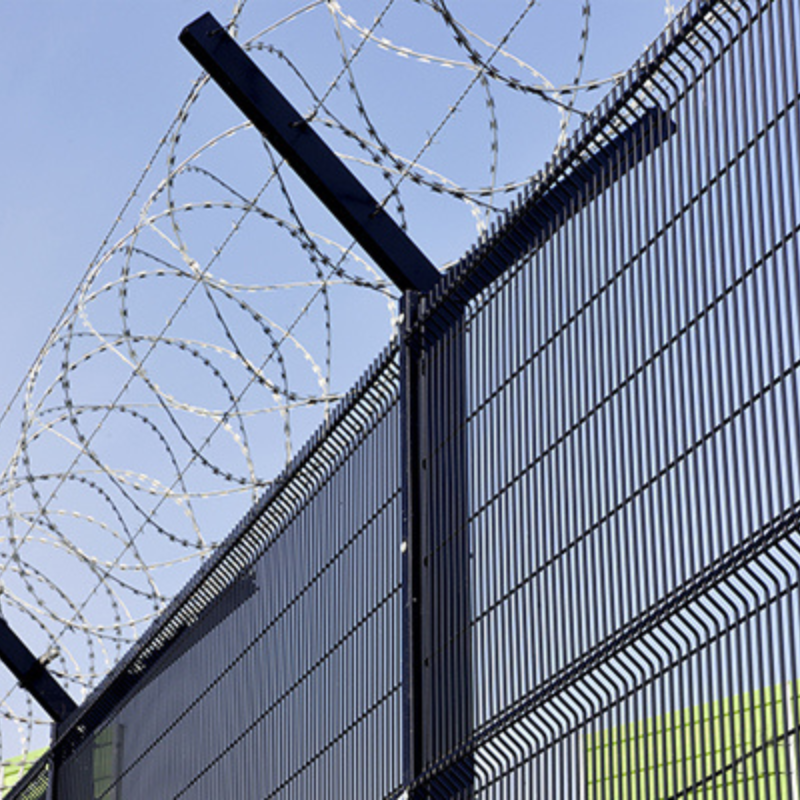 Airport Perimeter Fencing
Airport Perimeter Fencing 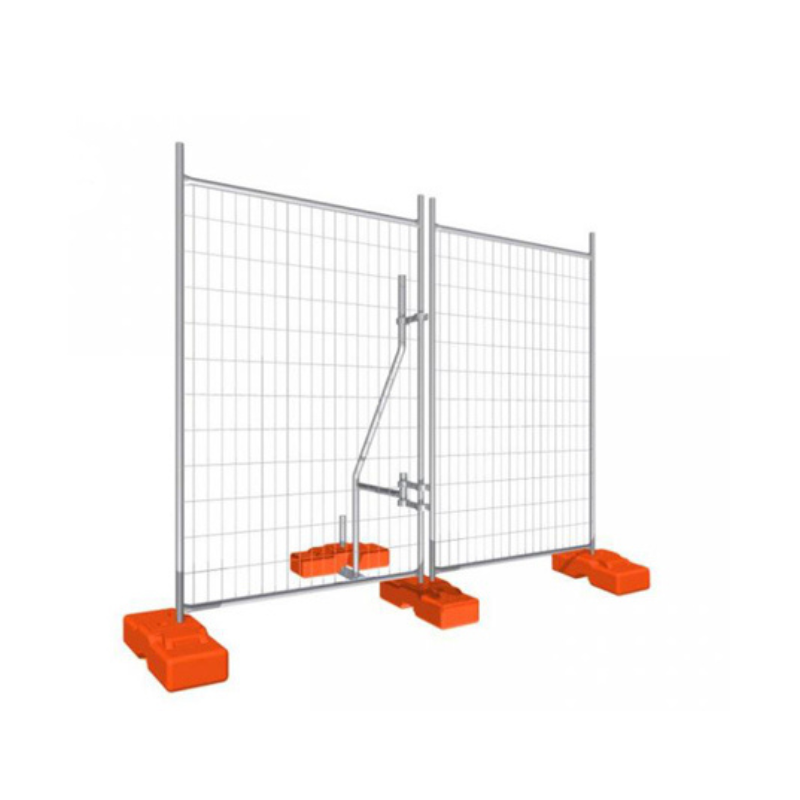 Temporary Fence System
Temporary Fence System  Barbed Wire Fencing
Barbed Wire Fencing 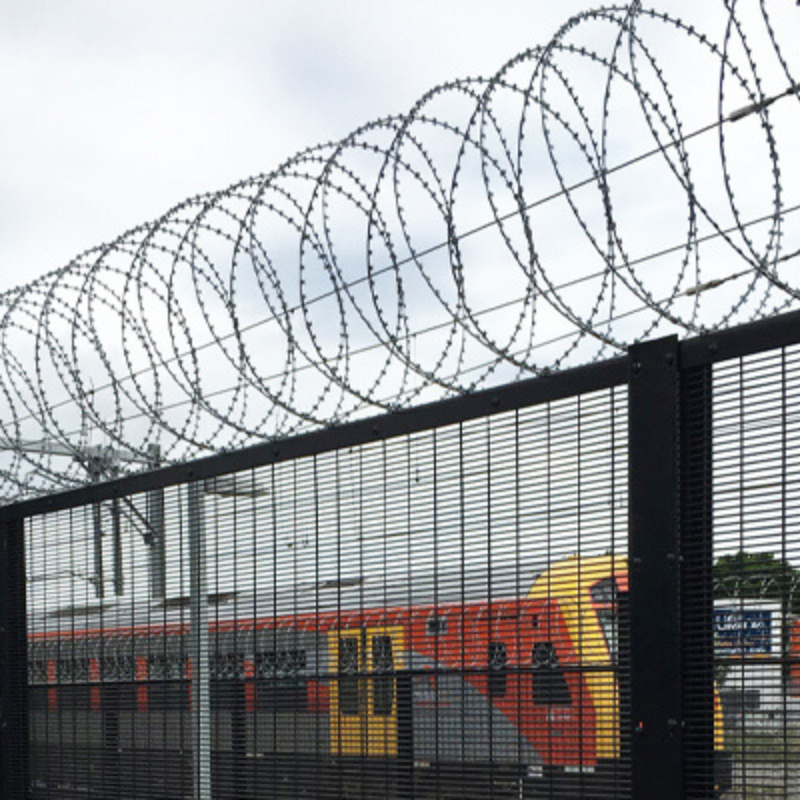 Prison Security Fencing
Prison Security Fencing 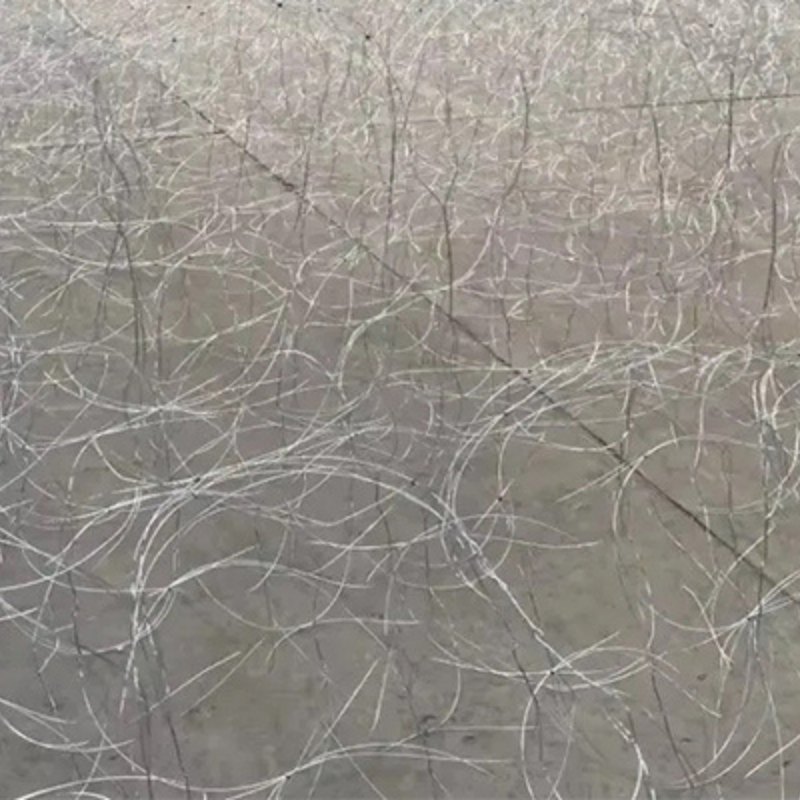 MZP Putanka Wire
MZP Putanka Wire  Rapid Deployment Barrier System
Rapid Deployment Barrier System 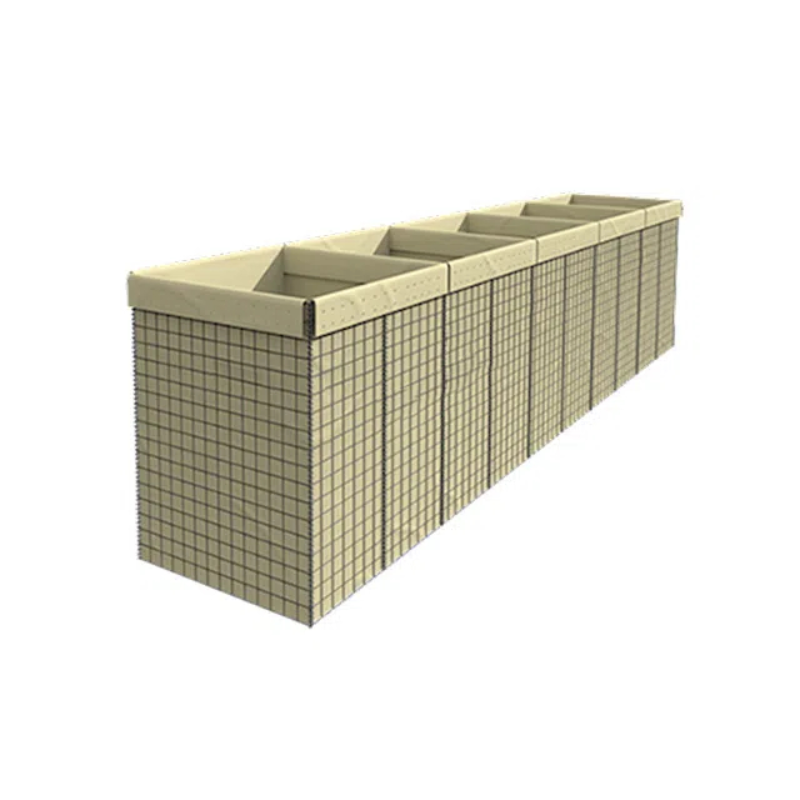 Military Defensive Solution
Military Defensive Solution 